1- STABLE POLITICAL ENVIRONMENT:
Morocco is the safest and most stable country in the Middle East and North Africa region; MENA, for investors. Morocco is a democratic and social constitutional monarchy. Since coming to the throne in 1999, King Mohamed VI has pursued many democratic reforms. The King appoints the prime minister who then appoints a cabinet of 22 ministers. The Parliament consists of the Chamber of Counselors (the upper house) and the Chamber of Representatives (the lower house). The 270 counselors are elected indirectly by local councils, professional organizations, and labor syndicates to serve nine-year terms. 1/3 of the upper house is elected every three years. The 395 representatives are elected by popular vote to serve five-year terms.
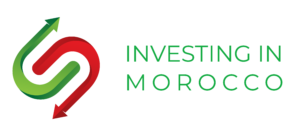
2- THE OCCIDENT OF THE ORIENT:
Strategically positioned on both the Atlantic Ocean and the Mediterranean Sea, less than 14 kilometers from Europe, Morocco is a regional center for trade, manufacturing, warehousing, redistribution, sales, call centers, and an array of IT services reaching Europe, Africa, the Middle East, and the Americas. It is ideally positioned for shipping goods between the Americas, Africa, and the Mediterranean. The massive harbor at Tangier; Tanger-Med, provides much of the infrastructure for this. In addition, Morocco is a party to trade agreements that allow it to reach a billion consumers duty-free. Morocco has a free market economy and one of the region’s lowest corruption levels. Due to its international nature, Morocco retains Western customs in food, drink, and clothing. French language and culture are commonplace and the use of English is being widely adopted. investing in Morocco, as a premium destination is a good choice.
3- STRONG GROWTH:
Morocco’s economy boasted an average growth rate of 5.1% between 2001 and 2010 despite the international financial and economic crisis. GDP grew 4.9% in 2009, the largest increase across the Mediterranean region. During the same period, inflation increased by less than 2%, the lowest rate in the region. Overall trea犀利士 sury debt declined from 73% to 50% of GDP between 2000 and 2010. Strong domestic demand and public investment have contributed to the country’s growth. Household consumption grew by an average of 8% per year between 2004 and 2010 to $52 billion (MAD 442 billion), while public investment nearly tripled during the same period to reach $20 billion (MAD 167 billion).
4- PROVEN RETURNS ON INVESTMENT:
Morocco has a consistent track record in gathering Foreign Direct Investment (FDI). Among the 22 countries of North and Western Africa, it is one of the largest recipients of foreign direct investment with more than $1.2 billion of inward FDI in 2010, as tracked by the World Bank.

5- ENLIGHTENED GOVERNMENT SUPPORT:
The Moroccan government stimulates or directs economic activity in strategic areas, including aeronautics, automotive, offshoring, and tourism. In addition, incentives provide selected sectors (mining, export industries, tourism, real estate, handicrafts, and maritime) with partial or total exemptions from VAT, income tax, and import duties. Incentives are also available to businesses that invest in one of Morocco’s Free Trade Zones (FTZs). The Tangier FTZ offers incentives to investors who set up businesses on undeveloped land, including exemptions from duties and taxes associated with the acquisition of land, license and “urban taxes” for 15 years, VAT on all exported goods, and corporate taxes for five years, with a reduced 8.75% corporate tax thereafter. investing in Morocco, your Success Partner!
6- ATTRACTIVE BUSINESS ENVIRONMENT:
Morocco’s domestic market of 35 million inhabitants is the second largest in the Maghreb. It also has the best road, rail, and port network in North Africa. It has a simplified tax code with tax incentives for foreign businesses and a simplified customs schedule with two flat-rate tariffs on imported goods brought into Morocco to expand a business. The country has reformed its labor laws and clarified employment rules and the government is increasing funding for vocational training. Since the 1980s, the government has privatized 114 formerly state-run enterprises. Due to the Free Trade Agreement and WTO accession process, Morocco is a secure investment with legal safeguards in the form of “sectoral codes” that regulate business sectors and are applied equally to domestic and foreign investors.
7- FREE TRADE AGREEMENTS:
In 2004, Morocco became the second Arab nation (after Jordan in 2000) to enter into a Free Trade Agreement with the US. In 2005, Morocco joined the EU Neighborhood Association for trade, and in 2008 was the first Arab country in the MENA region to be granted the coveted “Advanced Status” as a full trading partner. As a result, Morocco is the only country in North Africa to have completely free and open trade rights with the US and all the countries of the EU. Morocco has also entered into bilateral free trade agreements with most of the other countries of the MENA region and is now engaged in obtaining agreements with the rest of Africa, as well as numerous countries in the Americas, Asia, and the Pacific. As a result, Morocco today has more free and open trade agreements than any other nation in the MENA region and Africa. investing in Morocco, your Success Partner!

- Source :
- https://bit.ly/2SdTOGm
- https://bit.ly/36qcJG5
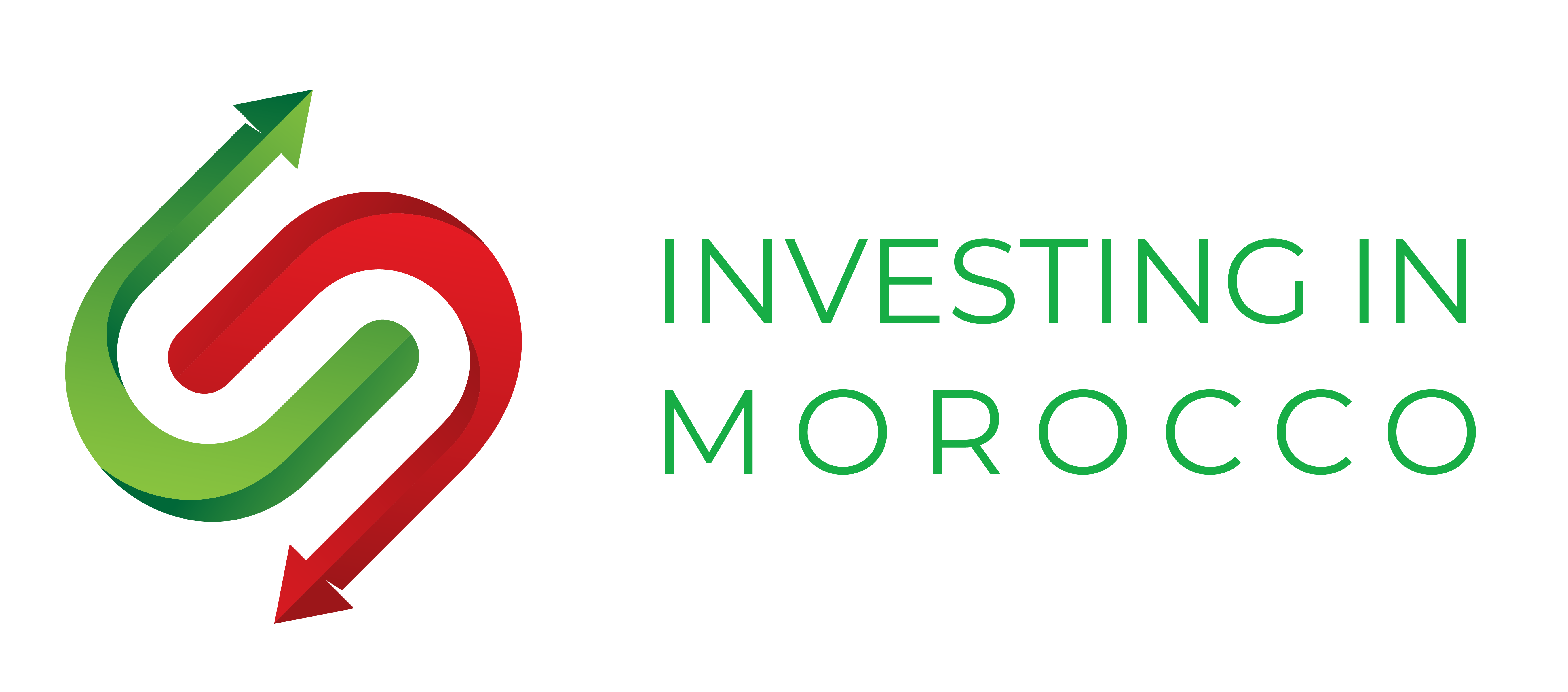
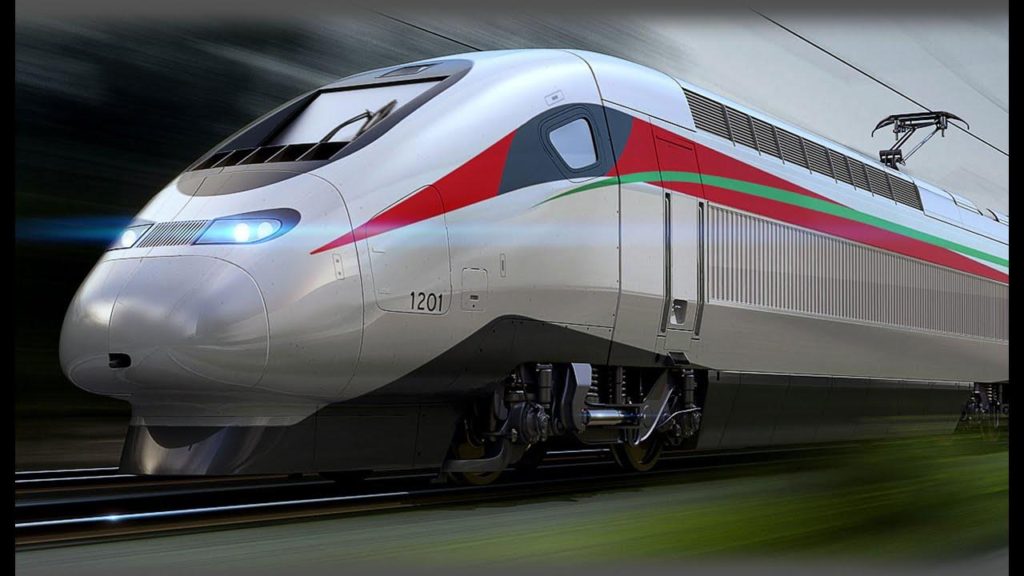
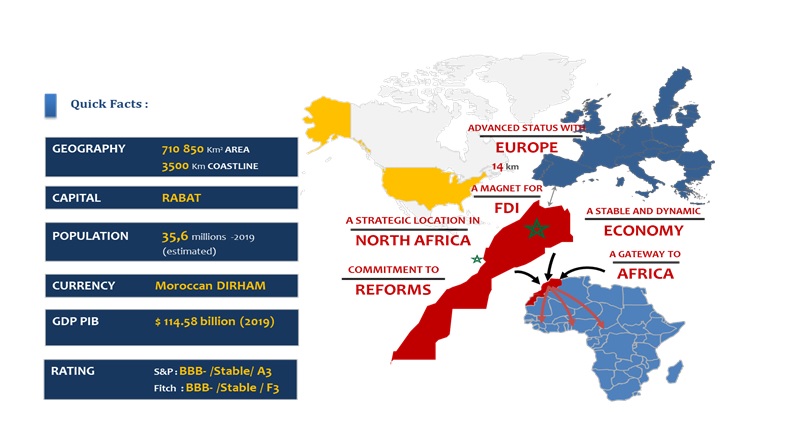
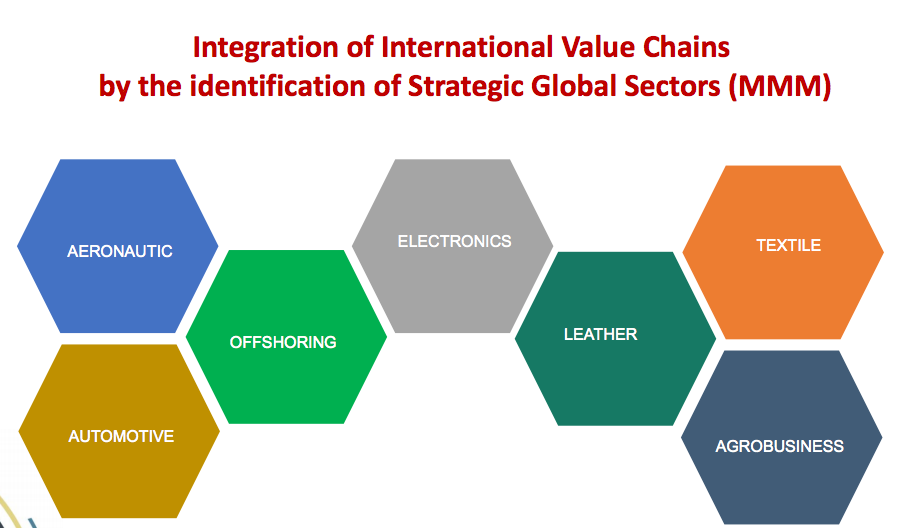


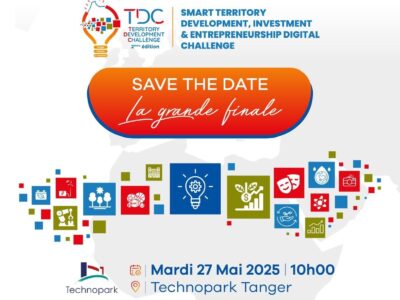
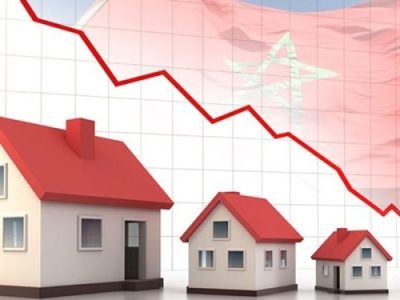
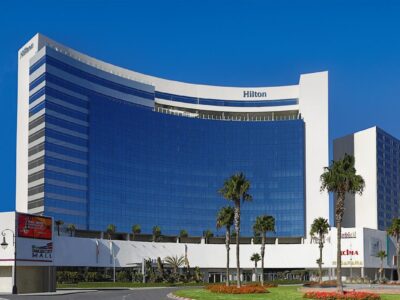
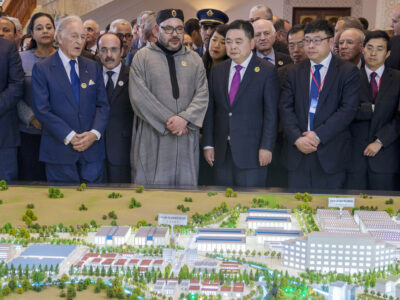
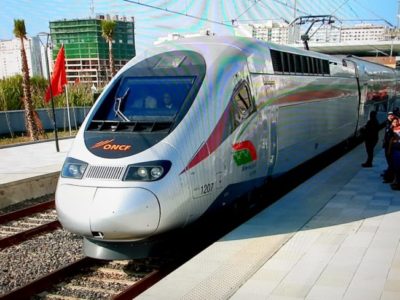
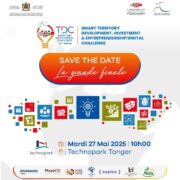
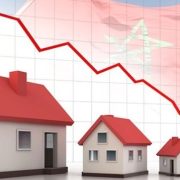
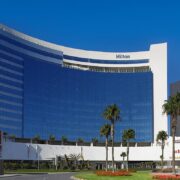
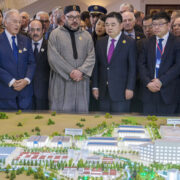
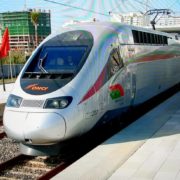


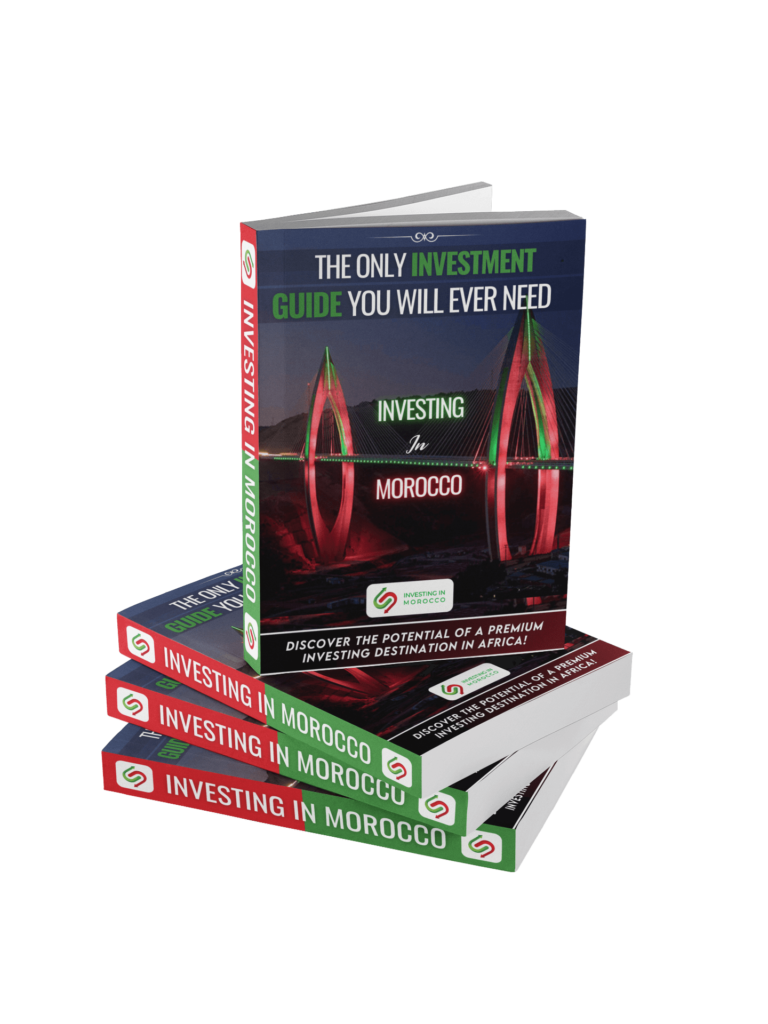
Comments